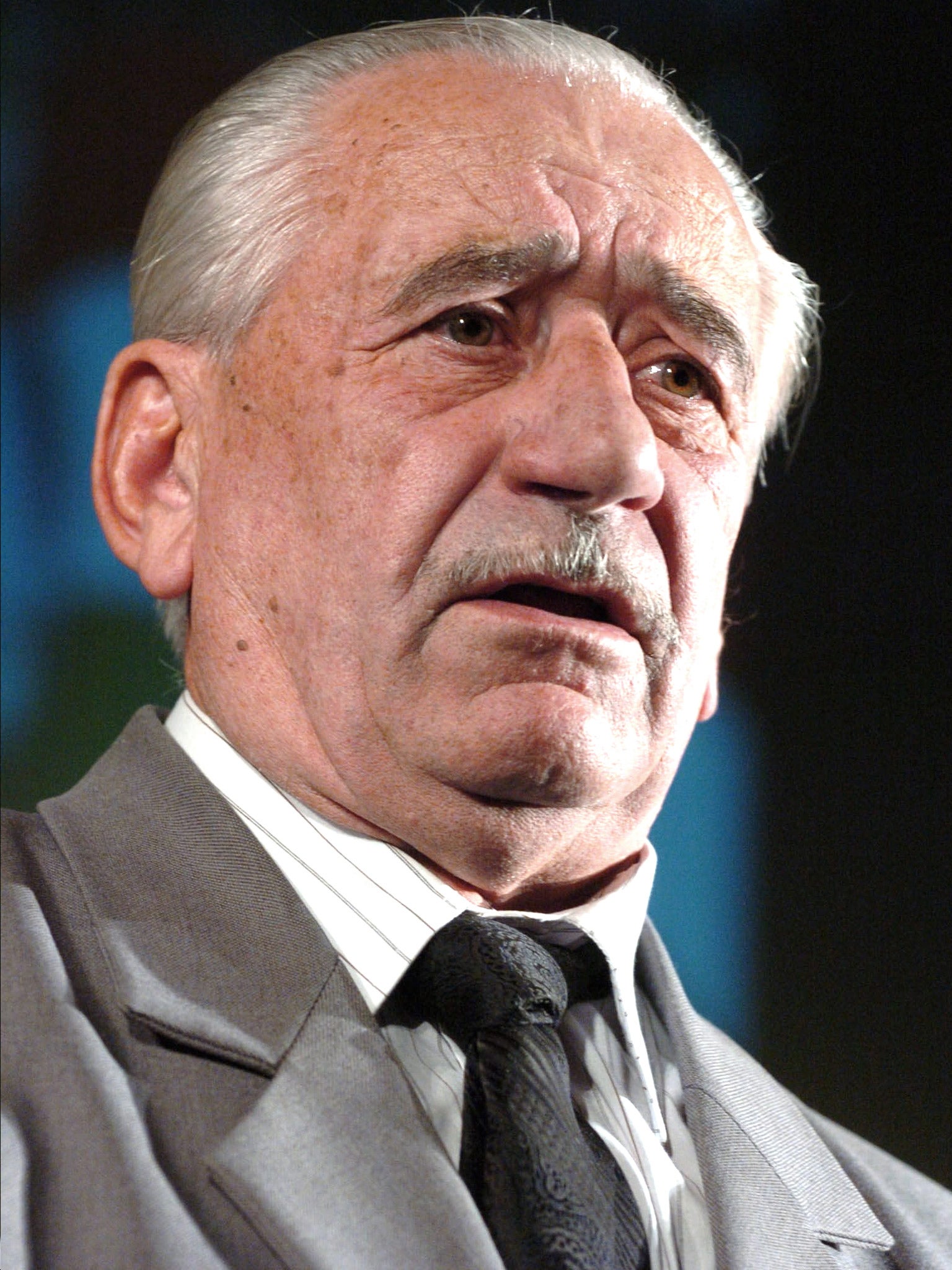Sandor Racz: Labour activist who helped lead Hungary's anti-Soviet resistance during 1956

Your support helps us to tell the story
From reproductive rights to climate change to Big Tech, The Independent is on the ground when the story is developing. Whether it's investigating the financials of Elon Musk's pro-Trump PAC or producing our latest documentary, 'The A Word', which shines a light on the American women fighting for reproductive rights, we know how important it is to parse out the facts from the messaging.
At such a critical moment in US history, we need reporters on the ground. Your donation allows us to keep sending journalists to speak to both sides of the story.
The Independent is trusted by Americans across the entire political spectrum. And unlike many other quality news outlets, we choose not to lock Americans out of our reporting and analysis with paywalls. We believe quality journalism should be available to everyone, paid for by those who can afford it.
Your support makes all the difference.Sandor Racz, who died in Budapest on 30 April at the age of 80, was a labour activist who played a leading role in the tumultuous events of 1956. The 1956 Hungarian uprising broke out on 23 October and was crushed by the Soviet army in early November. But Racz – president of the Budapest central workers' council – and other labour leaders pressed ahead with the objectives of the movement for several more weeks, negotiating with the pro-Soviet Prime Minister Janos Kadar and top-ranking Soviet military officers.
"For me, the revolution was so unambiguous, that I could not even imagine a Hungarian who does not feel that the Hungarian people are 1,000 per cent right when they want to free themselves from an unacceptable foreign, murderous and pillaging system," Racz, who was born in March 1933 near the city of Hodmezovasarhely in the south-east of the country, wrote in a memoir published in 2005.
Even as the crackdown on those who took part in the revolution was under way – at least 225 people would be executed by 1958 – the workers' councils held two nationwide strikes in November and December.
Racz, then a 23-year-old a tool maker at an electronics factory, was arrested on 11 December 1956 after being lured to Parliament with the excuse of holding talks with Kadar, who would rule Hungary until a few years before the end of the communist regime in 1990. Racz was sentenced to life in prison in 1958 but released under a 1963 general amnesty.
After his release he returned to work as a toolmaker and participated in secret meetings with students, telling them about the events of 1956. He retired due to poor health in 1987 and spent the rest of his life keeping alive the memory of the uprising.
"The workers' councils were very important but they tend to be forgotten because most of the attention is given to the armed aspects of the revolution," said Bob Dent, author of a book about the revolution. "The councils were unofficial trade unions representing workers during and after the uprising."
Racz is survived by his wife, Aniko Damasdi, and two children.
Join our commenting forum
Join thought-provoking conversations, follow other Independent readers and see their replies
Comments